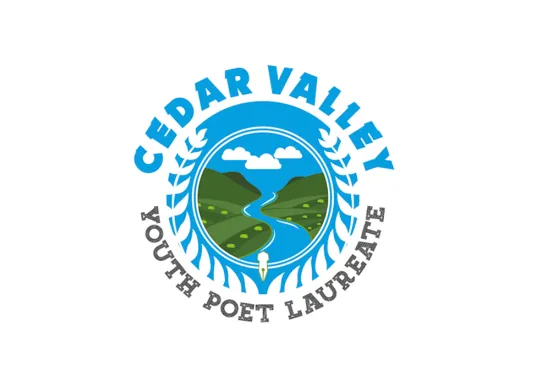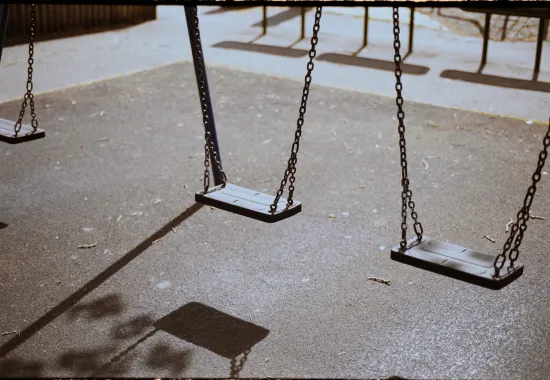Winners & Judges of the 2012-2018 James Hearst Poetry Prizes
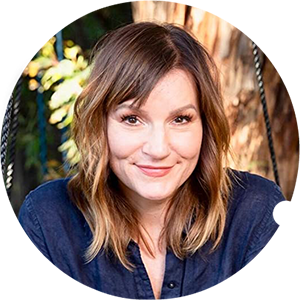
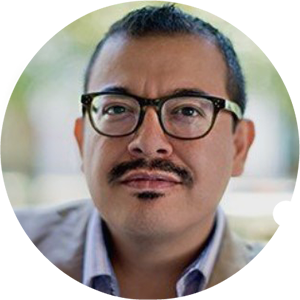
2018 First Place Winner: “To The Butcher's Son” — Karen Harryman
Karen Harryman’s work has appeared in Narrative, The Greensboro Review, Carolina Quarterly, Dogwood, Raleigh Review, Forklift, Alaska Quarterly, Verse Daily, North American Review and The Cortland Review among others. She is the recipient of the 2019 Rumi Prize sponsored by Arts & Letters and the 2018 James Hearst Poetry Prize sponsored by North American Review. Her first book, Auto Mechanic’s Daughter, was selected by Chris Abani in 2007 for the Black Goat Poetry Series Imprint at Akashic Books in Brooklyn. She lives with her family in Los Angeles.
Contest Judge: Eduardo C. Corral
Eduardo C. Corral is the son of Mexican immigrants. Graywolf Press published his second book, Guillotine, in 2020. His first book, Slow Lightning, won the Yale Series of Younger Poets competition. His poems have appeared in Ambit, New England Review, The New Republic, Ploughshares, and Poetry. He's the recipient of residencies from the MacDowell Colony, Yaddo and Civitella Ranieri. He's also the recipient of a Whiting Writers' Award, a National Endowment for the Arts Fellowship, the Hodder Fellowship and the National Holmes Poetry Prize, both from Princeton University. He teaches in the MFA program in Creative Writing at North Carolina State University and lives in Raleigh.

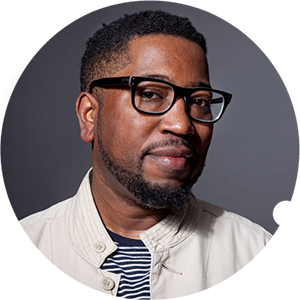
2017 First Place Winner: “Black Boy” — Jordan Franklin
Jordan E. Franklin is a Black poet from Brooklyn, NY. A Brooklyn College alum, she received her MFA from Stony Brook Southampton where she served as a Turner Fellow. Her work has appeared in the Southampton Review, Breadcrumbs Magazine, Frontier, [PANK], and elsewhere. She was a finalist of the 2019 Nightjar Poetry Contest and the 2019 Furious Flower Poetry Prize. Her debut poetry collection, when the signals come home, was selected by Prageeta Sharma as the winner of the 2020 Gatewood Prize and will be published by Switchback Books in March 2021; her first poetry chapbook, boys in the electric age, will be published by Tolsun Books in August 2021.
Contest Judge: Major Jackson
Major Jackson is the author of five books of poetry, including The Absurd Man (2020), Roll Deep (2015), Holding Company (2010), Hoops (2006) and Leaving Saturn (2002), which won the Cave Canem Poetry Prize for a first book of poems. He is also the author of A Beat Beyond: The Selected Prose of Major Jackson edited by Amor Kohli. A recipient of fellowships from the Fine Arts Work Center in Provincetown, Guggenheim Foundation, National Endowment for the Arts, and the Radcliffe Institute for Advanced Study at Harvard University, Major Jackson has been awarded a Pushcart Prize, a Whiting Writers’ Award, and has been honored by the Pew Fellowship in the Arts and the Witter Bynner Foundation in conjunction with the Library of Congress. He lives in Nashville, Tennessee where he is the Gertrude Conaway Vanderbilt Chair in the Humanities at Vanderbilt University and serves as the Poetry Editor of The Harvard Review.
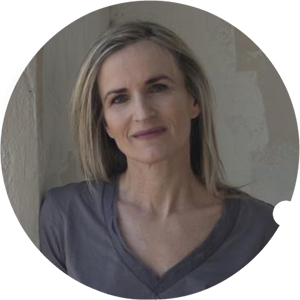
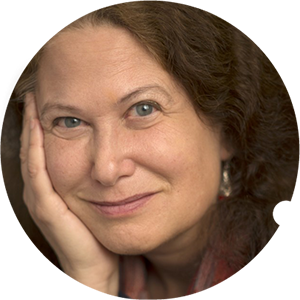
2016 First Place Winner: “Iconostasis” — Rebecca Foust
Rebecca grew up in rust belt Pennsylvania, a paradoxical place of farmlands and factories, mountains and strip mines. After several decades in Northern California spent raising children and advocating for students with learning challenges, she left law to pursue writing, earning an MFA in poetry from Warren Wilson in 2010. Rebecca has published seven books, including ONLY, The Unexploded Ordnance Bin, and Paradise Drive. Her work included teaching, most recently for the 2020 Frost Place Poetry Seminar. She continues to edit poetry for Women's Voices for Change, writing a weekly column that emphasizes diversity and the poetry of women over 40.
Contest Judge: Jane Hirshfield
Award-winning poet, essayist, and translator Jane Hirshfield is the author of nine collections of poetry, including Ledger (2020); The Beauty (2015), longlisted for the National Book Award; Come, Thief (2011), a finalist for the PEN USA Poetry Award; and Given Sugar, Given Salt (2001), a finalist for the National Book Critics Award. Hirshfield is also the author of two collections of essays, Nine Gates: Entering the Mind of Poetry (1997) and Ten Windows: How Great Poems Transform the World (2015), and has edited and co-translated four books collecting the work of world poets from the past: The Ink Dark Moon: Poems by Ono no Komachi and Izumi Shikibu, Women of the Ancient Court of Japan (1990). Hirshfield’s work encompasses a large range of influences, drawing from the sciences as well as the world’s literary, intellectual, artistic, and spiritual traditions.
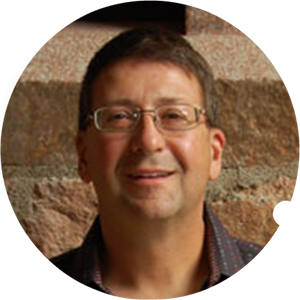
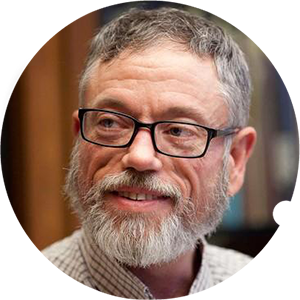
2015 First Place Winner: “Aleister Crowley Lipogram” — Michael Kriesel
President of the Wisconsin Fellowship of Poets, Michael Kriesel, is a poet and reviewer whose work has appeared in Alaska Quarterly, Antioch Review, Crab Creek Review, Rattle, Small Press Review, Library Journal, Nimrod, North American Review, Rosebud, and The Progressive. He served on the Wisconsin Poet Laureate Commission 2006-2008 and was the Wisconsin Fellowship of Poets Conference Coordinator 2006–2012. He’s won the 2012 Wisconsin Fellowship of Poets Triad Award, the 2011 Wisconsin People & Ideas Poetry Contest, the 2009 Wisconsin Fellowship of Poets Muse Prize, and the 2004 Lorine Niedecker Poetry Prize from the Council for Wisconsin Writers. He was featured poet for the 2010 Great Lakes Writers Festival. Books include Chasing Saturday Night: Poems about Rural Wisconsin (Marsh River Editions), Whale of Stars (haiku) (Sunnyoutside), Moths Mail the House (Sunnyoutside), and Feeding My Heart to the Wind: Selected Short Poems (Sunnyoutside). He has a B.S. in Literature from the University of the State of New York, and was a print and broadcast journalist in the U.S. Navy 1980-1990. He’s currently a janitor at the rural elementary school he once attended.
Contest Judge: D. A. Powell
Born in Albany, Georgia, D. A. Powell earned an MA at Sonoma State University and an MFA at the Iowa Writers’ Workshop. His first three collections of poetry, Tea (1998), Lunch (2000), and Cocktails (2004), are considered by some to be a trilogy on the AIDS epidemic. Lunch was a finalist for the National Poetry Series, and Cocktails was a finalist for the National Book Critics Circle Award for poetry. He has been awarded the Lyric Poetry Award from the Poetry Society of America, a grant from the National Endowment for the Arts, and a Paul Engle Fellowship from the James Michener Foundation. His poems have been featured in the Norton anthology American Hybrid (2009) and Best American Poetry (2008).
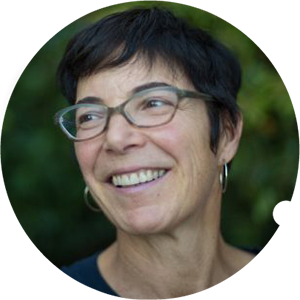
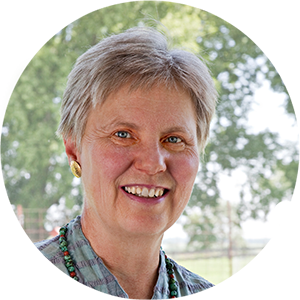
2014 First Place Winner: “Ode to Frida Kahlo’s Eyebrows” — Martha Silano
Martha Silano has authored five poetry books, including Gravity Assist (Saturnalia Books, 2019), The Little Office of the Immaculate Conception, winner of the 2010 Saturnalia Books Poetry Prize and a Washington State Book Award finalist, and Reckless Lovely (Saturnalia Books, 2014). She also co-authored, with Kelli Russell Agodon, of The Daily Poet: Day-By-Day Prompts For Your Writing Practice. Martha's poems have appeared in Poetry, Poetry Daily, Verse Daily, Paris Review, AGNI, North American Review, American Poetry Review, New Ohio Review, Prairie Schooner, Crab Orchard Review, Beloit Poetry Journal, Kenyon Review Online, Blackbird, Copper Nickel, Mississippi Review, and elsewhere. Her poem, “Love,” appears in The Best American Poetry 2009. Martha teaches at Bellevue College.
Contest Judge: Mary Swander
The former Poet Laureate of Iowa, Swander is an award-winning author who has been given grants from the National Endowment for the Arts to the Whiting Foundation. She has published scores of books of poetry and nonfiction as well as essays, magazine articles, individual poems and radio commentaries in such places as National Public Radio, The Nation, The New York Times Magazine, and Poetry Magazine. She is best known for her poetry book Driving the Body Back and for her memoirs Out of this World and The Desert Pilgrim. An emerita Distinguished Professor of Liberal Arts and Sciences, Swander taught creative writing for thirty years at Iowa State University and was a visiting writer-in-residence at Interlochen Arts Academy, the University of Iowa Nonfiction Writing Program, the University of New Mexico, and the University of Alabama. She now gives workshops on poetry, nonfiction and playwriting, as well as farmland transition, for other colleges and universities and nonprofit organizations. She received her own M.F.A. from the University of Iowa Writers Workshop.
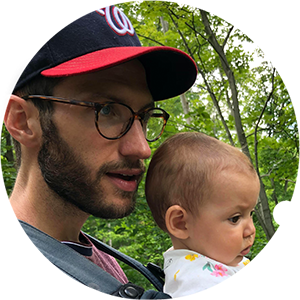

2013 First Place Winner: “Bad May” — Andrew Payton
Andrew Payton lives in the Shenandoah Valley with wife Paulina, daughter Alba, dog Liska, and a small stable of bicycles. He works in education. He has written fiction, poetry, and nonfiction, and has work published in Alaska Quarterly Review, Meridian, Masters Review, The Rumpus, and Southern Humanities Review, among other journals and magazines. His story “Potomac” received a finalist prize in The Chicago Tribune's 2014 Nelson Algren Award for short fiction, and his essay “Family Medicine” was a Notable Essay in Best American Essays 2013. He was a 2013 fellow at the Aspen Summer Words Writing Retreat, a finalist for the 2014 Fiction Fellowships at the Wisconsin Institute of Creative Writing, and a 2014-15 recipient of the J. William Fulbright fellowship to the Slovak Republic. Born and raised in Landover Hills, Maryland, he is a graduate of the MFA Program in Creative Writing and Environment at Iowa State University.
Contest Judge: H. L. Hix
H. L. HIX was born in Oklahoma and raised in various small towns in the south. After earning his B.A. from Belmont College and his Ph.D. in philosophy from the University of Texas, Hix taught at the Kansas City Art Institute . He was an administrator at the Cleveland Institute of Art, before joining the faculty of the University of Wyoming. After a term as director of the creative writing MFA, he now teaches in the Philosophy Department and the Creative Writing Program. His poetry, essays, and other works have been published in McSweeney’s, Georgia Review, Harvard Review, Boston Review, Poetry, and other journals. His work has been recognized with an NEA Fellowship, the Grolier Prize, the T. S. Eliot Prize, and the Peregrine Smith Award, and been translated into Spanish, Russian, Urdu, and other languages.
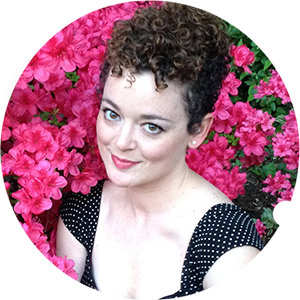
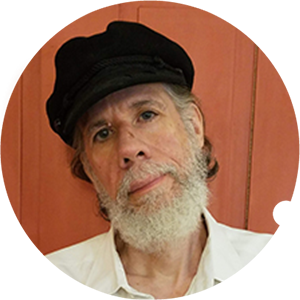
2012 First Place Winner: “Mississippi Pastoral” — Ansel Elkins
Ansel Elkins is the author of Blue Yodel, winner of the 2014 Yale Series of Younger Poets Prize. Her poems have appeared in The American Scholar, The Believer, Oxford American, Parnassus, Virginia Quarterly Review, and elsewhere. She has received fellowships from the National Endowment for the Arts, the North Carolina Arts Council, the American Antiquarian Society, and Bread Loaf Writers’ Conference, as well as a “Discovery”/Boston Review Prize. She is currently Visiting Assistant Professor in Creative Writing at Berea College.
Contest Judge: Martín Espada
Martín Espada has published more than twenty books as a poet, editor, essayist, and translator. His latest book of poems is called Floaters, winner of the 2021 National Book Award and a finalist for the Los Angeles Times Book Prize. Other books of poems include Vivas to Those Who Have Failed (2016), The Trouble Ball (2011), The Republic of Poetry (2006), Alabanza (2003) and Imagine the Angels of Bread (1996). He is the editor of What Saves Us: Poems of Empathy and Outrage in the Age of Trump (2019). He has received the Ruth Lilly Poetry Prize, the Shelley Memorial Award, the Robert Creeley Award, an Academy of American Poets Fellowship, the PEN/Revson Fellowship, a Letras Boricuas Fellowship and a Guggenheim Fellowship. The Republic of Poetry was a finalist for the Pulitzer Prize. The title poem of his collection Alabanza, about 9/11, has been widely anthologized and performed. His book of essays and poems, Zapata’s Disciple (1998), was banned in Tucson as part of the Mexican-American Studies Program outlawed by the state of Arizona. A former tenant lawyer in Greater Boston, Espada is a professor of English at the University of Massachusetts-Amherst.
Recommended
Winners of the 2026 James Hearst Poetry Prize
Cedar Valley Youth Poet Laureate | Fall 2025 Workshop
Winners of the 2025 Terry Tempest Williams Prize in Creative Nonfiction




